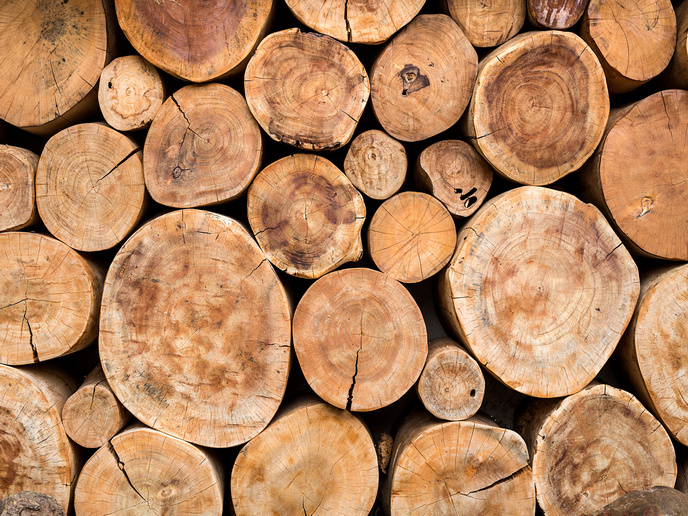
Modern pulp mills seek to valorise all components from their raw materials, a strategy that enhances profitability and lessens environmental impact. Yet, they are often hindered by low technology readiness levels and the competition from cheap fossil fuels. Pulp mills generate by-products rich in hemicellulose.
Currently, these by-products hold little commercial value owing to the complexities involved in isolating and purifying hemicellulose carbohydrates. However, the high hemicellulose content in wood represents an untapped resource for creating valuable products and generating significant revenue for biorefineries. The EU-funded VEHICLE project showcased innovative methods to effectively use these hemicellulose-rich by-products.
“We demonstrated novel technologies for optimising and adding value to low-value sugar streams,” notes project coordinator Ed de Jong. “The primary goal was to harness plant-based chemicals derived from renewable raw materials such as lignocellulosic biomass from pulp mills and non-food feedstock from biorefineries.”
New building blocks, materials and consumer products
Project partners established new value chains across Europe to supply these plant-based chemicals for various industrial applications and consumer products. These included packaging materials, pulp and paper products, and bioplastics-based goods. The objective was to enhance the business potential of existing and future European biorefineries and other bioeconomy companies, creating economic benefits and new jobs within their value chains.
“We demonstrated the valorisation of low-value sugar streams using six demonstrators for the entire biorefinery value chains. This included every step from the chemical company to the polymer producer, converter and brand owner.”
According to de Jong, the six new bio-based building blocks are the following: monoethylene glycol (MEG), monopropylene glycol (MPG), diols, diacids, glucosone and fructose. Moreover, five new bio-based materials were produced: compostable bioplastics, bio-MEG, bio-MPG, non-food-based biopolymers, and bio-based biodegradable polyesters. Project partner activities also resulted in the development of seven new bio-based consumer products. These included bio-PET for plastic bottles, bio-polyesters for films in packaging materials, compostable bioplastics for extrusion paper coating and thermoformed trays, antifreeze fluids for aircraft and heat transfer fluids for engine protection and solar panels.
Notable improvements in water usage, waste reduction and CO2 use
“In terms of water usage, the conversion routes demonstrated in VEHICLE were either comparable or superior to standard methods, with improvements ranging from 10% to 9%,” states de Jong. “Waste reduction is achieved by valorising side streams and minimising organic waste from pulp mills with 15 000 t annual pulp production. Furthermore, producing compostable and biodegradable materials contributed to mitigating waste generation.”
Significant reductions in CO2 emissions were also achieved. De Jong adds that the three demonstrated conversion routes caused CO2 reductions ranging from 40% to 92% over the life cycle when compared to bioplant-based and petrol-based benchmarks. With exploitation plans and business models in place, project partners are now preparing to scale up the results. Each demonstrated conversion route is projected to have substantial market potential, driven by robust consumer trends such as the demand for bio-based products. This projection is further supported by changing regulations and political support in Europe that encourage the replacement of fossil-based products.
Source
CORDIS news, press release, 2023-09-22.
Supplier
Avantium Technologies B.V.
Ecohelix SE
Kemira OYJ
MetGen
Novamont S.p.A.
Share
Renewable Carbon News – Daily Newsletter
Subscribe to our daily email newsletter – the world's leading newsletter on renewable materials and chemicals









